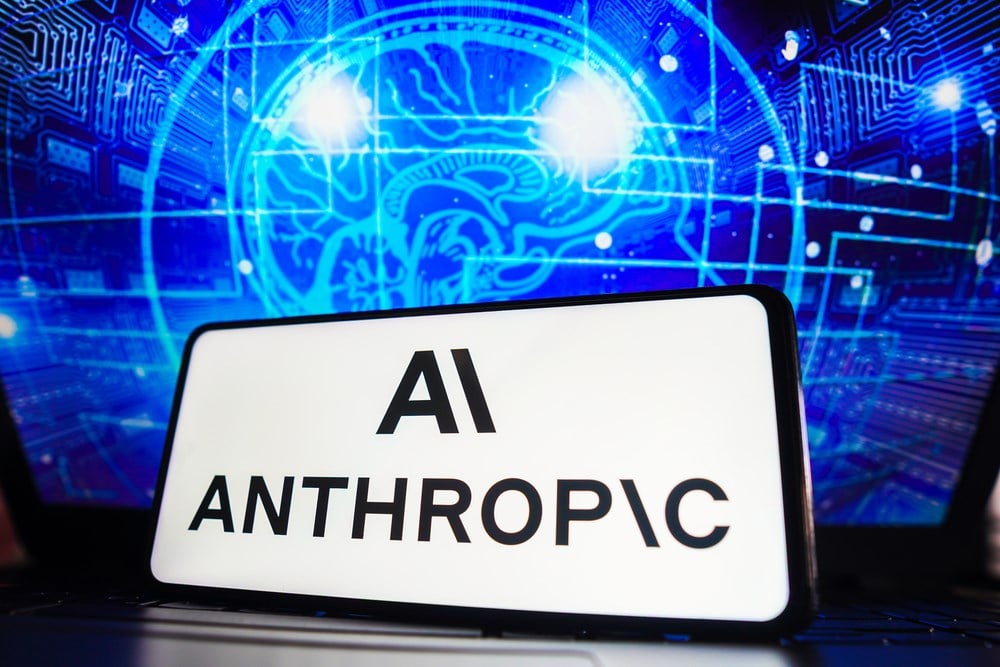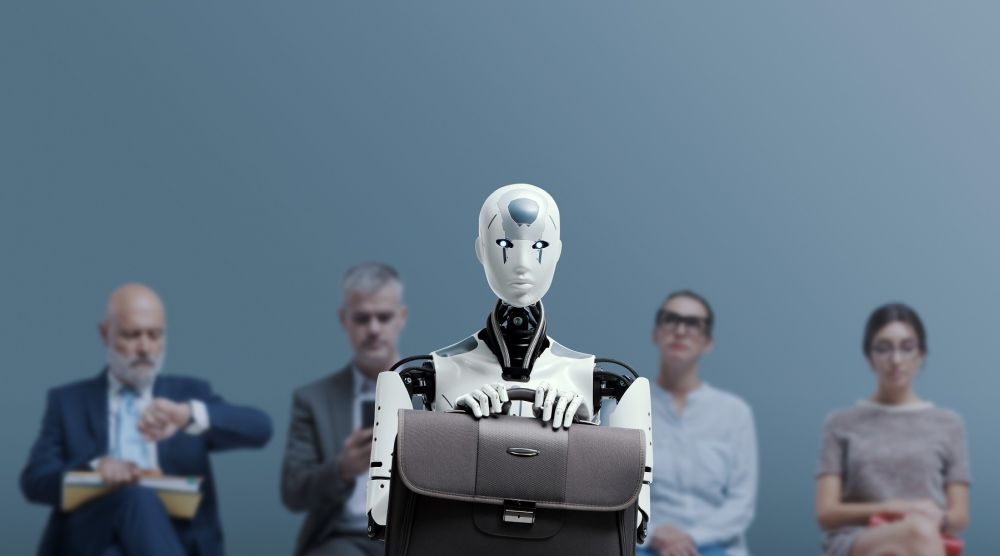Anthropic recently published a study exploring how much AI might actually contribute to economic productivity, using more than one hundred thousand real Claude conversations as a reference. By estimating the time workers would have spent completing the same tasks without AI, the researchers projected that modern models could offer substantial efficiency improvements across many sectors.

They concluded that AI could potentially lift annual labor productivity growth in the United States by around 1.8 percent, with a broader 1.1 percent increase in total factor productivity over a decade if adoption spreads widely. These numbers paint a picture of an economy where AI is not just a supporting tool but a structural driver of performance.

The study, however, relies on a major assumption: that every minute saved through AI is reinvested into productive work. It does not fully account for the time users spend verifying AI output, correcting mistakes, or navigating quality variations. These gaps raise questions about how much of the projected growth would materialize under real conditions.

Even with these uncertainties, the report shows AI’s increasingly central role in shaping workflows and output. It also suggests a future where economic performance depends not only on technology itself but on how effectively individuals and organizations integrate it into daily operations. The promise is significant, but so is the need for realistic expectations.

#AI #Anthropic #Productivity #Economy #ArtificialIntelligence #TechStudy #Innovation
